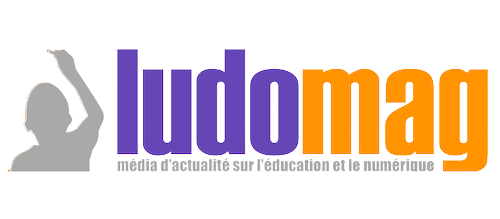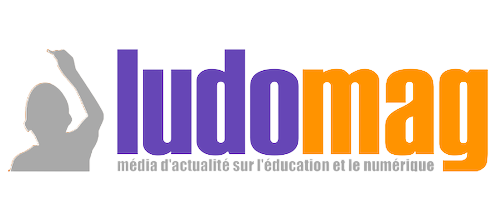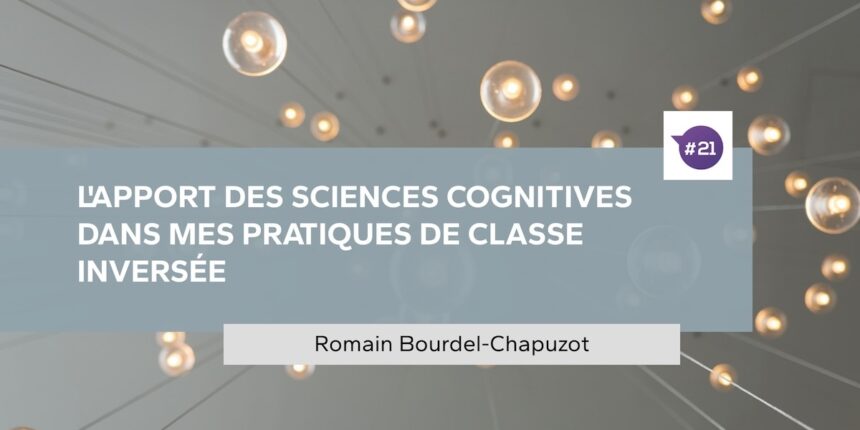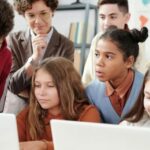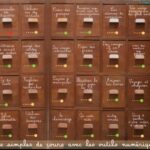The project involves integrating insights from neuroscience into a flipped classroom setup with work plans. The different aspects addressed include memorization, attention, and metacognition. For memorization, the tools used are memo cards, spaced repetition quizzes, and feedback.
The work on attention involves particularly the construction of documents and the instructions used in class. The work on metacognition is conducted with students to explain to them how to learn more effectively. This work is carried out both in the classroom and at home.
The setup has been continuously implemented throughout the years of the work plan project. The explored approaches were gradually integrated based on the readings and contributions received by the teacher (conferences, seminars, etc.).
The project is carried out in the teacher’s ten classes. Some methods are also applied in life and earth sciences (SVT). Currently, the project has not yet reached the scale of an entire school.
Contribution of Digital Tools
Digital tools are present in the practices implemented, whether for organization, design, or application of the various methods of the project. The Explorcamp will be an opportunity to show concrete examples that can be applied to all disciplines.
Relation to the Edition’s Theme
This project is full of small routines that can be implemented in the classroom to improve the working environment, both for memorization and group work.
The Explorcamp will be an opportunity to discuss the tips and tricks implemented to make students’ work more efficient. It will also be an opportunity to talk about the day-to-day challenges encountered.
Summary and Contribution of Classroom Feedback
The action taken with the students is positive; it makes classroom work time more efficient. It also helps students understand how they can make their homework more effective. Learning to learn is always a complicated task for students, and the contributions of neuroscience offer a way to address this. Moreover, the various methods used interestingly fit into the working method established for almost seven years (common work plans in physical and chemical sciences – SVT).
Personally, this action has helped confirm practices through literature contributions, but also modify methods that were not necessarily effective. Additionally, I find it very interesting to discuss metacognition with students.
The implemented action has no particular cost.
During the 21st edition of the Ludovia Summer University, many teachers and other members of the educational community will present their experiences with digital tools on this year’s theme, « Everyday Use of Digital Tools in Class and Schools. » Ludomag aims to give you a preview of these workshops leading up to the event, which starts on Monday, August 26.
Romain Bourdel-Chapuzot will present the workshop « The Contribution of Cognitive Sciences to My Practices » during SESSION II: DOES THE DAILY USE OF DIGITAL PEDAGOGICAL RESOURCES AND CONTENT PROMOTE LEARNING? on Tuesday afternoon, August 27.
More info: www.ludovia.fr
